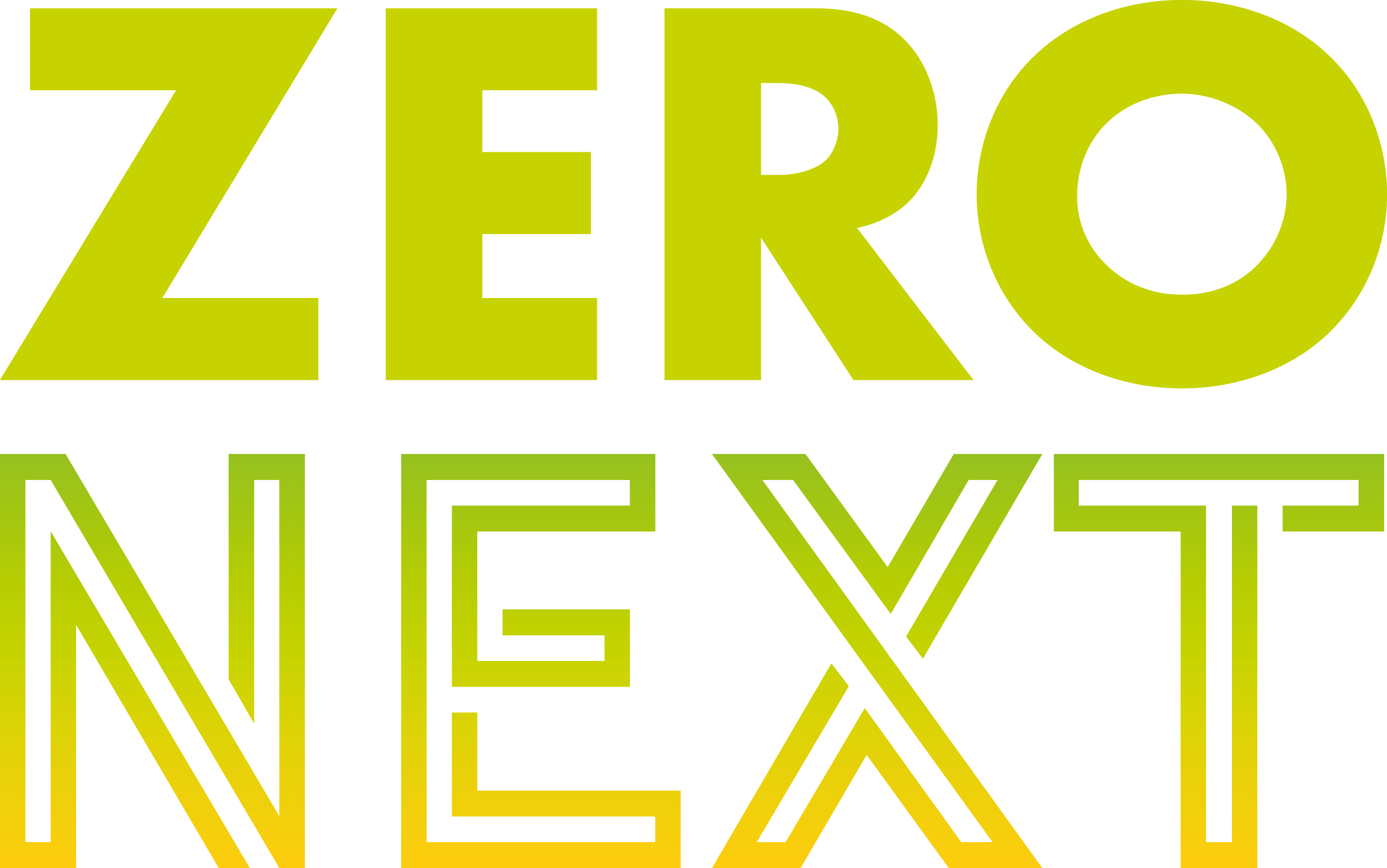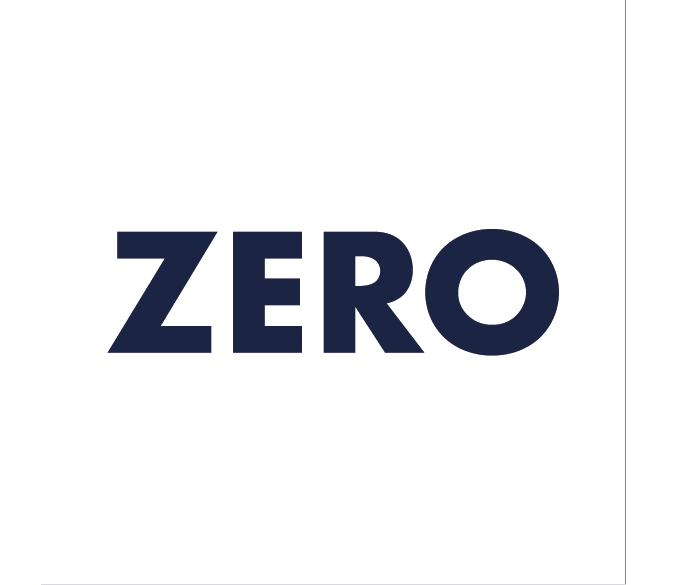
ZERO Next is a fast-growing group of young professionals and future leaders working together to change the industry from high carbon emissions to becoming part of the decarbonisation solution, creating an industry we can all be proud of.

As young professionals, we have the power to shape the future of our planet. It’s crucial that we improve our ways of thinking, working, and building for the sake of our society. ZERO Next is here to give a voice to today’s youth who will be the stewards of our planet tomorrow.
Let’s work together to make a difference.
ZERO Next provides a direct line of communication between young professionals and industry experts, giving us a platform to be heard and amplified. Let’s use this opportunity to make our voices heard and make a positive impact on the future of our planet.
By sharing our pledge and raising awareness, we can inspire the industry to drive change. We aim to unite young people around the world to champion sustainability and reduce embodied carbon for a cleaner planet.
By sharing our experiences and knowledge, we can come up with new ideas, debate and exchange views. Through connections with both young professionals and industry experts, we can gain a greater understanding of how to achieve the change we need.
The Construction Industry is killing our planet. 38% of global greenhouse gas emissions released are from the built environment. There are roadmaps and targets being created today, but they are not enough, more action is needed.
The industry plans, designs, and delivers projects with carbon as its top priority. Carbon is universally understood and measured alongside financial cost and is used to evidence and justify climate positive decision making.
Pre-fabricated elements built off-site reduce time and need for on-site labour and rework, keeping project timelines to a minimum. Factory-controlled systems improve project quality and site deliveries reliability.
Construction becomes a carbon negative industry through its ability to use bio-based and carbon sequestering materials on mass. Buildings are stores of carbon which can be continually reused over extensive periods of time.
Projects utilise local supply-chains, community knowledge, and skills. Engagement with neighbourhoods is essential to building vibrant, well-resourced places where communities gather.
The built environment becomes a highly-targeted industry by young talent and skilled individuals, with new job roles arising with the continuous progression of Tech and Innovation.
Buildings, components, products, and materials are all retained at their highest value for as long as possible. Resources removed from buildings are valued, remanufactured and specified on projects, before virgin materials.
Standardisation and modularity allow for non-destructive, adaptable components which can be transferred, scaled, disassembled and contribute to a simpler supply chain with minimal impact on landfill for the whole lifecycle.
Incentivise and reward through prizes, government funding, and private grants those projects and organisation which pioneer new materials, methods and technology with the goal of reducing climate impact.
Assume that demolition is not an option. Prioritise reuse and retrofit on every project. Demolition is replaced by deconstruction thus diverting material from landfill.
Data is the outset of defining every business’ carbon strategy. Machine Learning and Analytics are leveraged to learn from the past, understand the present, and plan into the future.
Standardisation and modularity allow for non-destructive, adaptable components which can be transferred, scaled, disassembled and contribute to a simpler supply chain with minimal impact on landfill for the whole lifecycle.
Data is the outset of defining every business’ carbon strategy. Machine Learning and Analytics are leveraged to learn from the past, understand the present, and plan into the future.

ZERO Next are an early career group full of energy and focus towards decarbonising our industry, and the reason I got involved. Next offers an inclusive environment to learn from and challenge one another. Supporting and involving these voices in the conversation is already proving beneficial and we’ve only just got started.
Consultant
Sandberg
© 2023 by Zero Construct

